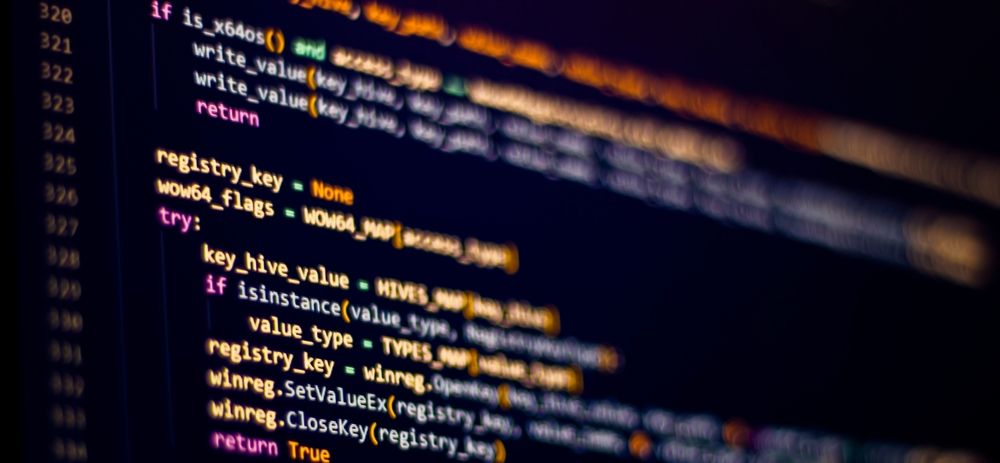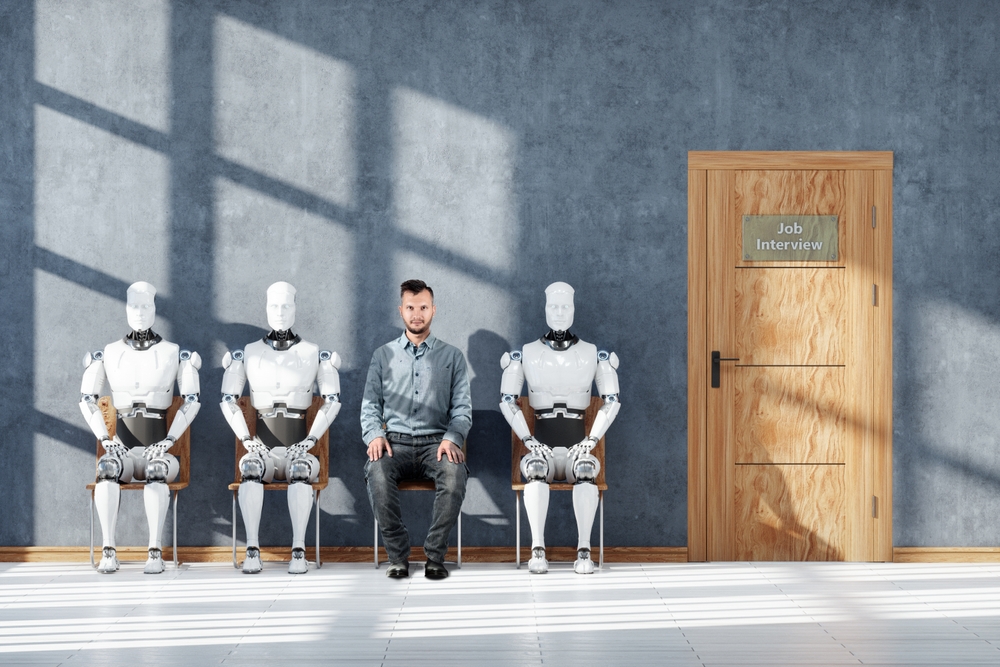Two years ago, Shawn K. was a senior software engineer in San Francisco, earning $150,000 a year. Today, he lives in an RV and delivers food for DoorDash. He didn’t lose his job because of poor performance. The cause was job loss due to AI advancements in his field.
In 2023, Shawn’s employer adopted AI tools that could write, test, and debug code. These systems were faster and cheaper than a human team. As a result, entire departments, including Shawn’s, were let go. Since then, he’s applied for more than 800 jobs but hasn’t landed one. Now, he struggles to make ends meet.
“I never thought I’d be here,” Shawn said. “I used to lead development teams. Now I’m competing with machines that don’t sleep, don’t eat, and don’t make mistakes.“
Clearly, Shawn’s experience shows how quickly AI is changing the workforce. Skilled professionals in stable careers are now facing sudden and unexpected disruption. His situation illustrates a growing pattern of job loss due to AI that continues to spread across industries and change lives.
How Automation Took Over His Career
At Shawn’s job, the shift to automation happened almost overnight. Management rolled out tools like GitHub Copilot and custom models. Soon, the engineering team saw their tasks vanish amidst technology advancement.
“We went from planning and reviewing code together to watching AI spit out working code in minutes,” he explained.

Unfortunately, his company didn’t offer reskilling or internal transfers. Shawn was laid off as the firm leaned into automation for efficiency and scalability. Since then, his job search has been discouraging. Most employers ignore his applications. Others say he lacks AI-related experience. Despite 15 years in tech, his background no longer gives him an edge and contributes to job loss due to AI.
Roles at Risk from Job Loss Due to AI
Shawn’s story reflects a broader trend. AI is moving beyond routine tasks and starting to replace knowledge-based jobs. According to CNBC and Exploding Topics, several roles are at high risk due to job loss from AI adoption:
- Software Engineers: AI tools like ChatGPT and Copilot now write, test, and improve code. Entry-level and mid-level developer jobs are vanishing.
- Customer Service Representatives: Chatbots and virtual agents now handle most support tasks. As a result, human help desk roles are fading.
- Writers and Content Creators: AI can generate articles, ads, product descriptions, and social posts. Consequently, many companies automate their content.
- Paralegals and Legal Assistants: Legal AI drafts briefs, analyzes case law, and reviews documents.
- Bookkeepers and Data Entry Clerks: Automation tools now manage payroll, invoices, and data entry.
- Translators and Interpreters: AI-powered tools handle basic translation with speed and accuracy.
As these shifts accelerate, job security is being redefined. Roles that once required degrees and experience are now under threat. The rise in job loss due to AI is changing the employment landscape at a rapid pace, forcing new adaptability.
Read More: Boy Visits 17 Doctors Over 3 Years for Chronic Pain—ChatGPT Sheds Light on Diagnosis

From Engineering to Gig Work
After months without work, Shawn moved into a trailer to cut costs. He now delivers food to survive. The transition from engineer to gig worker has been drastic, caused by job loss due to AI.
“I used to review enterprise code. Now I worry about delivery zones and fuel prices,” he says.
His days now start early and end late, often with little reward. He navigates unpredictable traffic, juggles app glitches, and deals with customer complaints, all while trying to stretch his limited income. Despite his technical background, the gig economy offers no stability or benefits. The stress of survival has taken a toll on his mental health, yet he keeps pushing forward, clinging to the hope of rebuilding his career.
Even so, he hasn’t given up. Shawn spends his spare time learning about AI and attending webinars. He hopes to re-enter the workforce. But with fewer opportunities and growing competition, the future remains uncertain, exacerbated by job loss due to AI.
Importantly, many tech workers share Shawn’s challenges. They are overqualified, underprepared for AI integration, and unsure where to turn next.
Adapting in the Age of AI
Experts say adaptation is essential. Workers must learn new tools, pivot to hybrid roles, or move into fields AI can’t easily replace. For someone like Shawn, this could mean:
- Using AI tools to boost productivity
- Moving into roles that mix tech and management
- Switching to careers that rely on empathy, creativity, or physical presence
- Specializing in work AI cannot easily replicate

Nevertheless, reskilling takes time and resources. Mid-career professionals often have families, bills, and limited flexibility. Even with motivation, transitioning isn’t always practical due to job loss because of AI.
A Stark Example of Job Loss Due to AI
Ultimately, Shawn K.’s path from software engineer to gig worker living in a trailer is stark. His experience is not isolated. Rather, it reflects a widespread shift that could soon affect millions.
Artificial intelligence is transforming work faster than expected. Without preparation and support, more people will face job loss due to AI. Shawn’s story is a reminder that even high-paying roles are no longer safe. The time to adapt is now.
Read More: As AI Gets Smarter, Its Mistakes Get Bolder – Experts Warn of Rising Hallucinations

